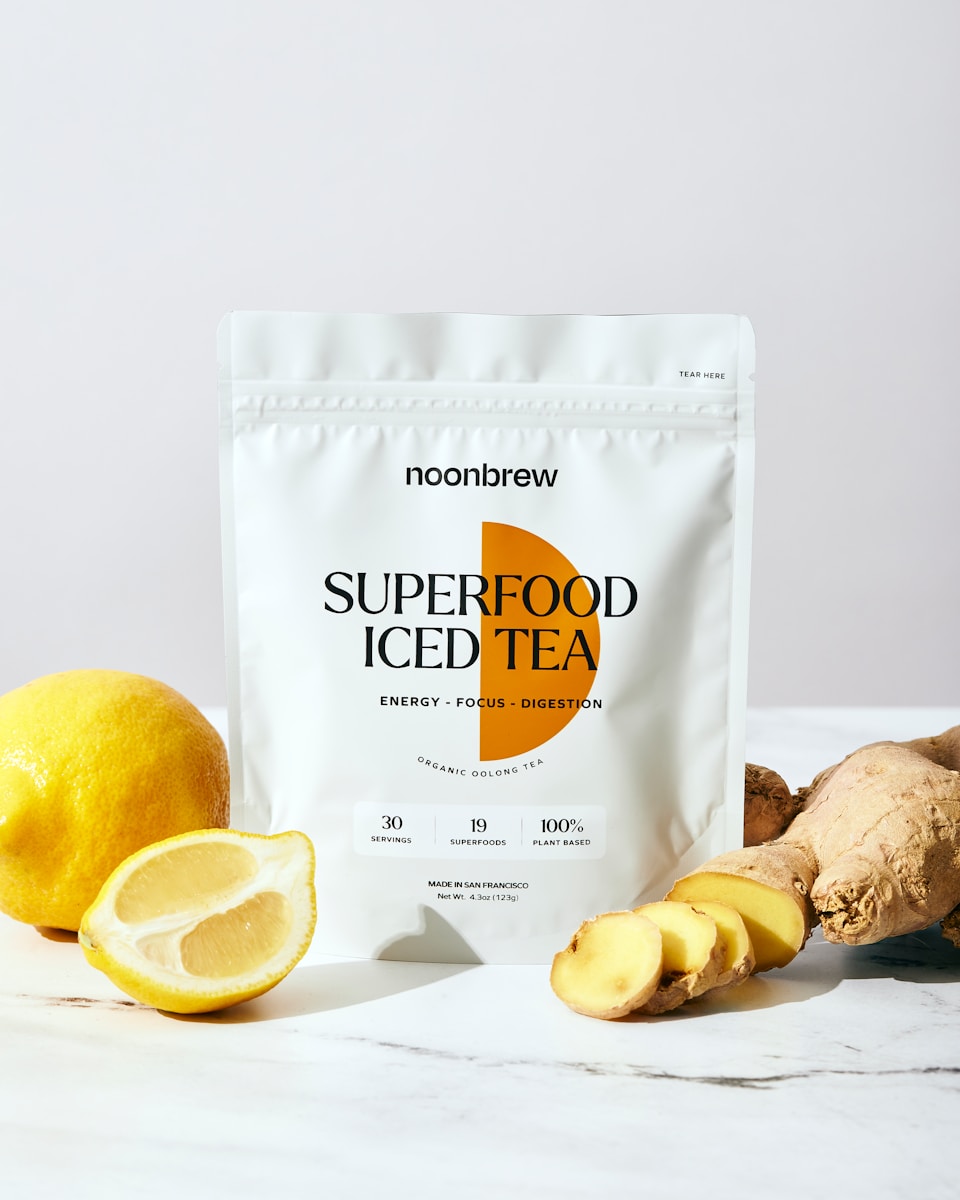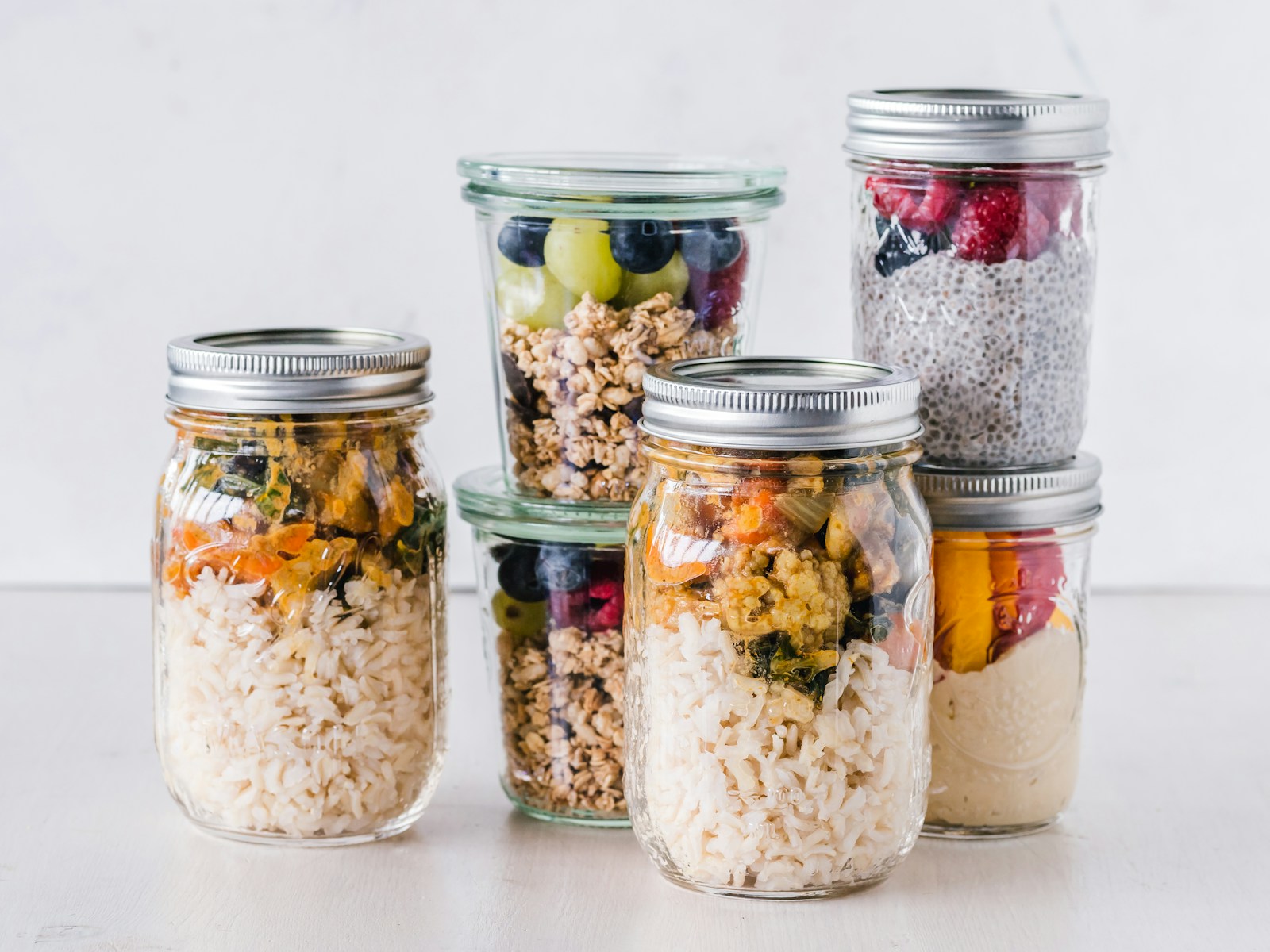Let’s briefly take a look at how each of these factors benefit us!
Good Nutrition
Food is fuel and medicine. A balanced, nutrient-rich diet provides the body with essential vitamins, minerals, antioxidants, and energy it needs to heal, grow, and function optimally. Good nutrition supports immunity, prevents chronic disease, and promotes mental clarity and vitality. Studies using tools like the Alternative Healthy Eating Index show that diets rich in fruits, vegetables, whole grains, legumes, and healthy fats strongly correlate with aging healthily and avoiding chronic illness.
Regular Exercise
Movement is life. Physical activity strengthens the heart, improves circulation, enhances mood, and keeps muscles, bones, and joints strong. It also helps regulate metabolism, maintain a healthy weight, and reduce the risk of diseases like diabetes, cancer, and depression. Experts emphasize that just meeting minimum guidelines brings major gains—150 minutes of moderate or 75 minutes of vigorous activity per week, plus strength training twice weekly Wikipedia. Even modest activity (e.g., 90 minutes/week) can lower early death risk by 15% and potentially extend lifespan by years. The Times of India.
Clean and Adequate Water
Water is vital for every cell and process in the body. It aids digestion, detoxifies organs, maintains body temperature, and keeps joints lubricated. Staying hydrated improves energy, mental focus, skin health, and overall bodily function.
Daily Sunlight Exposure
Sunlight, in the right amount, helps the body produce vitamin D, which is essential for immune function, bone health, and mood regulation. Morning sunlight also helps regulate your sleep-wake cycle (circadian rhythm), supporting restful sleep and hormonal balance.
Temperance & Avoiding Harmful Habits
True health isn’t just about doing good things — it’s also about doing them in the right amount. Temperance means balance: not overdoing good things (like food or work), and completely avoiding harmful habits (like smoking, substance abuse, or chronic stress). This principle protects the body and mind from avoidable harm.
Fresh Air
Oxygen is the first need of life. Clean, fresh air energizes the body, clears the mind, and supports respiratory, cardiovascular, and immune health. Breathing deeply in nature-rich environments also reduces stress and promotes relaxation.
Proper Rest
Rest restores what activity depletes. Quality sleep allows the body to repair tissues, balance hormones, consolidate memory, and regulate mood. Without rest, even the best nutrition or exercise can’t fully support health.
Trust in Divine Power
Spiritual well-being provides purpose, peace, and resilience. Trusting in a higher power can reduce anxiety, promote hope during difficult times, encourage more meaningful relationships, and foster a value-driven life. This inner peace contributes to overall emotional and physical well-being




